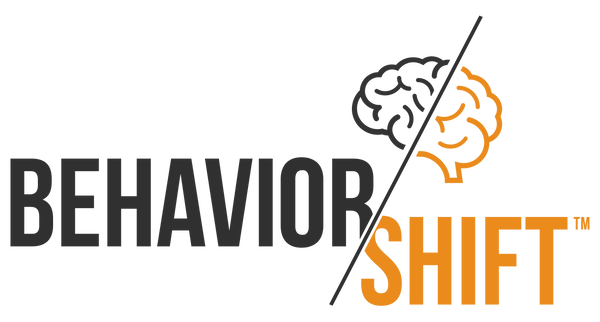When many people think of journaling, they often conjure images of cozy evenings by a warm fire, sipping on a hot beverage, and scribbling in a journal about their daily experiences and dreams.
While this traditional form of journaling is excellent for recording life events and self-reflection, there exists a different breed of journaling, one rooted in science, capable of catalyzing profound change in one's life.
Guided journaling, as it's often called, harnesses the psychology of human motivation, stress reduction, cognitive focus, and self-confidence, offering a structured approach to personal development.
Understanding the Psychological Aspects of Daily Journaling
Journaling can be a potent tool because it taps into some of our innate psychological drives. By prompting specific questions, the journaling process, it offers the following benefits:
- Motivation: Writing down a daily objective fosters motivation. It's a tangible commitment to action, and the act of recording it can serve as a source of inspiration and drive, pushing individuals toward their goals.
- Cognitive Focus: Daily journaling engages cognitive focus. It encourages individuals to consciously think about and plan their day, increasing awareness and helping them stay on course amidst distractions.
- Stress Reduction: Journaling provides a valuable outlet for managing stress. By acknowledging daily objectives and documenting thoughts and emotions, individuals can reduce anxiety, gaining clarity and emotional equilibrium.
- Self-Confidence: Achieving daily objectives contributes to a sense of accomplishment. Over time, consistent success builds self-confidence, reinforcing the belief that one can achieve larger, keystone goals.
Unpacking the Key Performance Aspects of Daily Journaling
As a result of tapping into these psychological processes, journaling helps individuals to improve their performance. This is achieved partially because of the following:
- Goal Clarity: Daily journaling begins with defining a daily objective, which must align with the monthly objective, thereby supporting the keystone goal. This sharpens the focus and ensures that each day contributes meaningfully to the larger purpose.
- Accountability: Keeping a journal holds individuals accountable for their daily objectives. It's a written commitment that makes it harder to deviate or procrastinate. The journal becomes a source of transparency and a powerful self-accountability tool.
- Progress Tracking: Journaling allows for systematic tracking of progress. Individuals can document their daily actions, achievements, challenges, and insights. This valuable feedback loop enables course correction and ensures that daily objectives are in harmony with monthly objectives and, by extension, the keystone goal.
- Time Management: Daily journaling encourages effective time management. By outlining daily objectives, individuals are more likely to prioritize tasks that directly contribute to their monthly objectives and keystone goals. This practice fosters the judicious allocation of time and resources.
- Emotional Resilience: Daily journaling equips individuals with the skills of emotional resilience. As they encounter challenges and setbacks, they develop the capacity to adapt, accept responsibility, and persevere, ultimately advancing toward their keystone goals.
Driving Transformation Through Journaling
Daily journaling is a transformative practice, particularly when it's aligned with keystone goals, monthly objectives, and daily targets. This structured approach enhances goal clarity, accountability, progress tracking, and time management. Moreover, the psychological components of motivation, cognitive focus, stress reduction, self-confidence, and emotional resilience further contribute to the practice's power.
By integrating daily journaling into their routines, individuals can ensure that each day is a deliberate step toward their keystone goals, the key to their long-term success. This practice is a valuable asset in both business and personal growth, providing a structured pathway to realize one's vision and mission.

